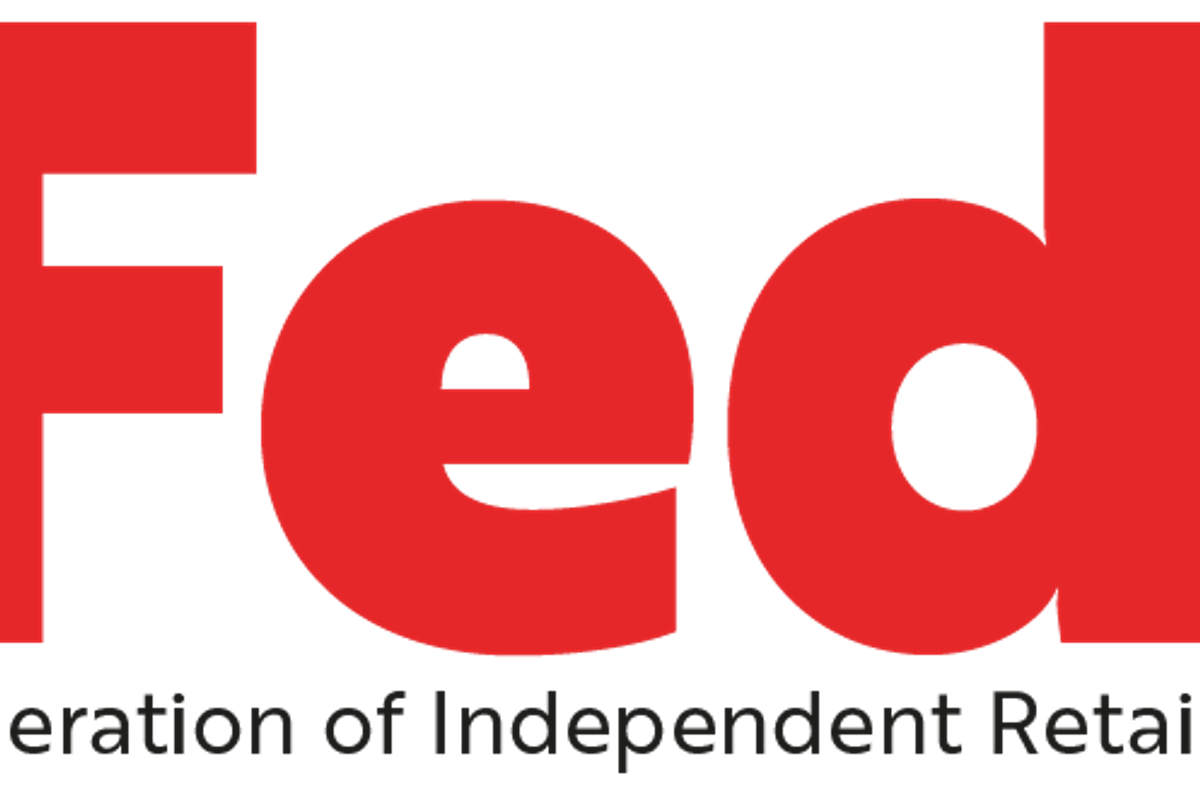Tireless work by the Federation of Independent Retailers (the Fed) Contact Centre has seen almost a quarter of a million pounds recovered from news wholesalers in 2024.
The latest figures show that £187,130 has been recovered in missing credits, missing vouchers and recharges, as well as money saved through waived deposits for news wholesale accounts.
A further £40,338 was recovered in restitution for instances of late supply or missing supply having an impact on home news deliverers, taking the overall total paid back to members this year to date to £227,468.
“Once again our Contact Centre has delivered for members," said The Fed’s National President, Mo Razzaq. "This is testament to the tireless work of the team, ensuring Fed members are not left out of pocket when things go wrong.
“The amount of money the team has recovered in 2024 is further proof that, for independent retailers, it really does pay to be a member of the Federation.”



